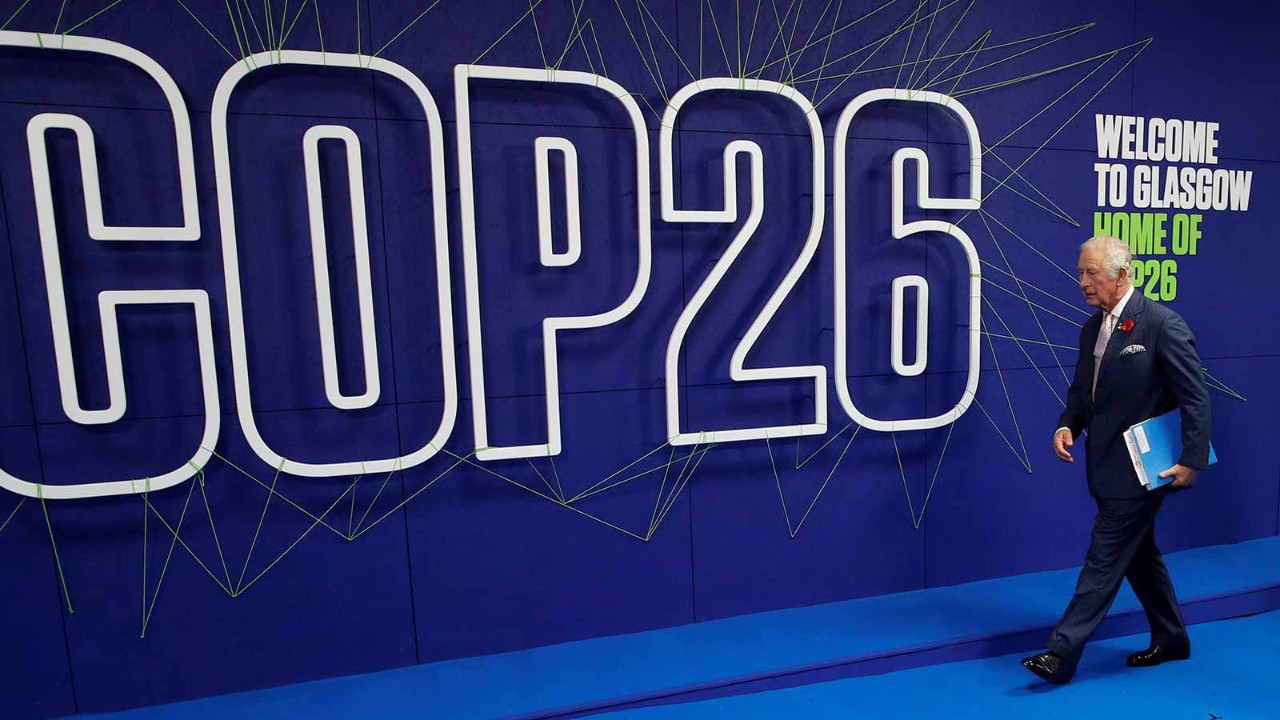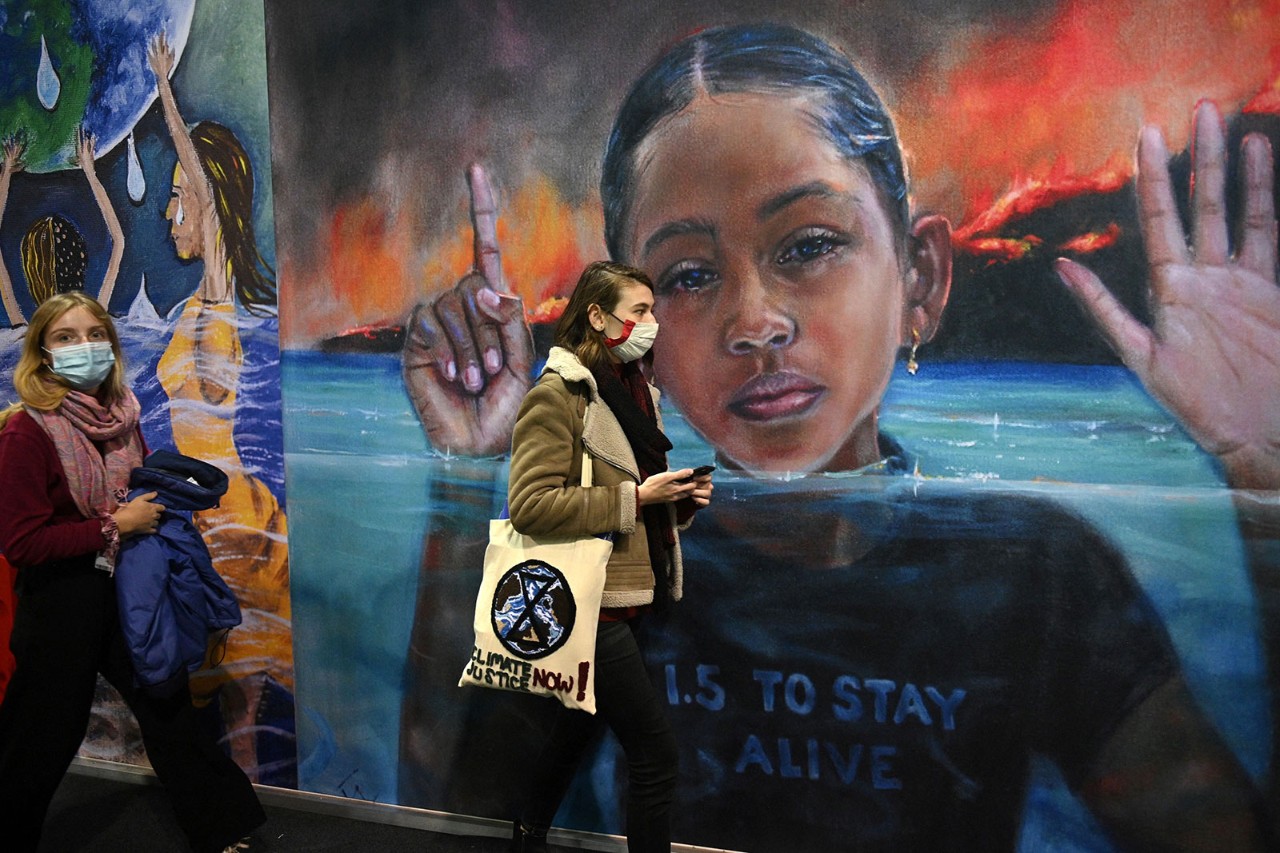
World leaders congregating at the COP26 conference in Glasgow are putting their faith in business as the world faces up to the climate change crisis.
The Prince of Wales told the summit that the strength of the global private sector represented the only ‘real prospect’ of fundamental change.
‘We know this will take trillions, not billions, of dollars,’ said the Prince. ‘We need a vast military-style campaign to marshal the strength of the global private sector. With trillions at its disposal – far beyond global GDP and, with the greatest respect, beyond even the governments of the world’s leaders – it offers the only real prospect of achieving fundamental economic transition.’
Prince Charles, who launched the Sustainable Markets Initiative to ‘put sustainability at the heart of the private sector’ at the economic summit in Davos in 2020, added that events during the pandemic had proved that the private sector has the ability to speed up timelines dramatically ‘when everyone agrees on the urgency and the direction’. Each sector, he added, ‘needs a clear strategy to speed up the process of getting innovative solutions to market.’
‘This is the end of the beginning for finance. We move from climate as a risk, to finance as a solution’
Climate finance
Around 120 heads of state and government attended the first day of COP26, and many focused on the role of business in tackling climate change.
Mario Draghi, prime minister of Italy, called for the public and private sectors to work together in new ways, in particular when it comes to making the best use of the tens of trillions of pounds available for climate finance. He suggested that multilateral banks, including the World Bank, could co-share access to make the available funds ‘useable for a good effort’.
US president Joe Biden praised this idea and argued that the massive response needed to stop the climate crisis should be seen as an opportunity for the world’s economies.
‘It’s all about jobs,’ he said. ‘We have the ability to invest in ourselves and build an equitable, clean-energy future and in the process create millions of good-paying jobs and opportunities around the world.’
German chancellor Angela Merkel argued that carbon pricing, such as the EU’s Emissions Trading Scheme, was one of the most effective tools for combatting climate change and urged further discussion on the topic. A levy on carbon dioxide emissions, she said, incentivises investment in clean energy. ‘Once CO2 has a price, investors of private capital can also know in which direction to invest technology,’ she said, adding that it was important to use instruments that make ‘economic sense’ as well as taxpayer money in the fight against global warming.
‘Once CO2 has a price, investors of private capital can also know in which direction to invest technology’
Stepping up
Speaking at the Green Horizon Summit, an event running alongside COP26, Nicholas Stern, chairman of the Grantham Research Institute on Climate Change and the Environment, said that companies were stepping up to the challenge.
‘This is the first COP where the private sector – particularly the financial sector, but the whole private sector – is right out in front. I haven’t seen that before and it’s pulling governments along.’
The former Bank of England governor Mark Carney agreed. ‘I think this is the end of the beginning for finance,’ he said. ‘In other words, we come together now, moving from climate as a risk to finance as a solution.’
Role for accountants
‘It’s clear from the very start of COP26 that the world’s leaders understand the vital role that business of all sizes – and accountants who work within them and advise them – will play in fighting climate change,’ said Claire Bennison, head of ACCA UK.
‘Our members occupy key roles working with SMEs, on company boards and in management, and they have a deep understanding of business and the potential impact of climate change on the entire value chain. They have the skills to ensure that consistent climate metrics are developed and used, and can advise organisations, governments and markets on ways to adapt and mitigate risk.
‘Professional accountants will play an essential role in translating discussions into action. It will be exciting to see the discussions in Glasgow evolve into global policy and I know our members are eager to make their contribution.’



